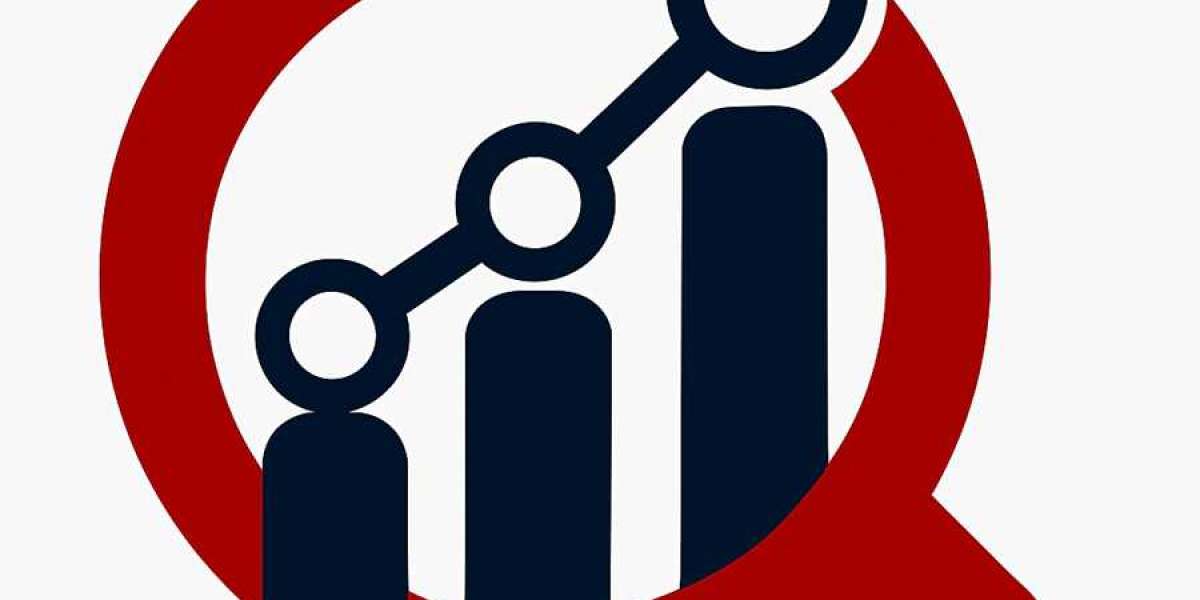When everyday aches turn into overwhelming worry, it’s time to understand what’s really going on.
What Is Health Anxiety Disorder?
Health Anxiety Disorder—formerly known as hypochondriasis—is a mental health condition where a person becomes excessively worried that they are seriously ill, even when there is little or no medical evidence to support it.
This isn’t just being a “worrier.” It’s an intense, persistent fear that can disrupt daily life, relationships, and well-being.
Key Symptoms of Health Anxiety Disorder
If you (or someone you love) constantly feel anxious about health, look for these common signs:
Frequent body-checking for lumps, rashes, or abnormalities
Repeated doctor visits despite being told everything is fine
Obsessive online research about symptoms (aka “cyberchondria”)
Avoiding hospitals or health news out of fear
Interpreting normal sensations (like a headache or fatigue) as severe illness
Seeking constant reassurance but never feeling satisfied
High levels of stress or depression triggered by health worries
Causes: Why Does Health Anxiety Happen?
Several factors may contribute to developing health anxiety:
Past trauma or serious illness (in self or family)
Personality traits like perfectionism or high sensitivity
Overexposure to medical content or health scares
Anxiety disorders or depression
Misinterpretation of bodily sensations
How It Affects Daily Life
Relationships may suffer due to repeated reassurance-seeking
Work performance may decline due to constant distraction
Social events may be avoided for fear of catching illness
Overall quality of life diminishes due to persistent worry
Diagnosis Professional Help
If your health anxiety is persistent and impacts your life, it's time to talk to a professional.
A mental health provider can help rule out physical conditions and officially diagnose health anxiety disorder through psychological evaluations.
Effective Treatment Options
1. Cognitive Behavioral Therapy (CBT)
The most effective treatment
Helps you identify and challenge irrational health-related thoughts
Teaches coping strategies to reduce anxiety
2. Medication
SSRIs (like fluoxetine or sertraline) may be prescribed for severe anxiety
Often used alongside therapy
3. Mindfulness and Stress Management
Meditation, yoga, journaling, and breathing exercises can ease obsessive thoughts
Helps you stay grounded in the present
4. Limit Symptom Checking
Set boundaries on how often you research or monitor symptoms
Try to resist the urge to seek constant reassurance
5. Support Groups
Connect with others going through similar experiences
Provides validation and emotional support
Final Thoughts: You’re Not Alone
Health Anxiety Disorder is real—and treatable.
With the right help, you can quiet the noise of fear and regain control over your mind and life. Remember: seeking help is not a sign of weakness, but a powerful step toward healing.



